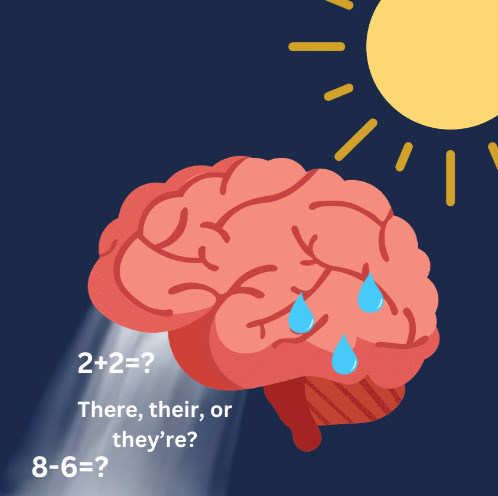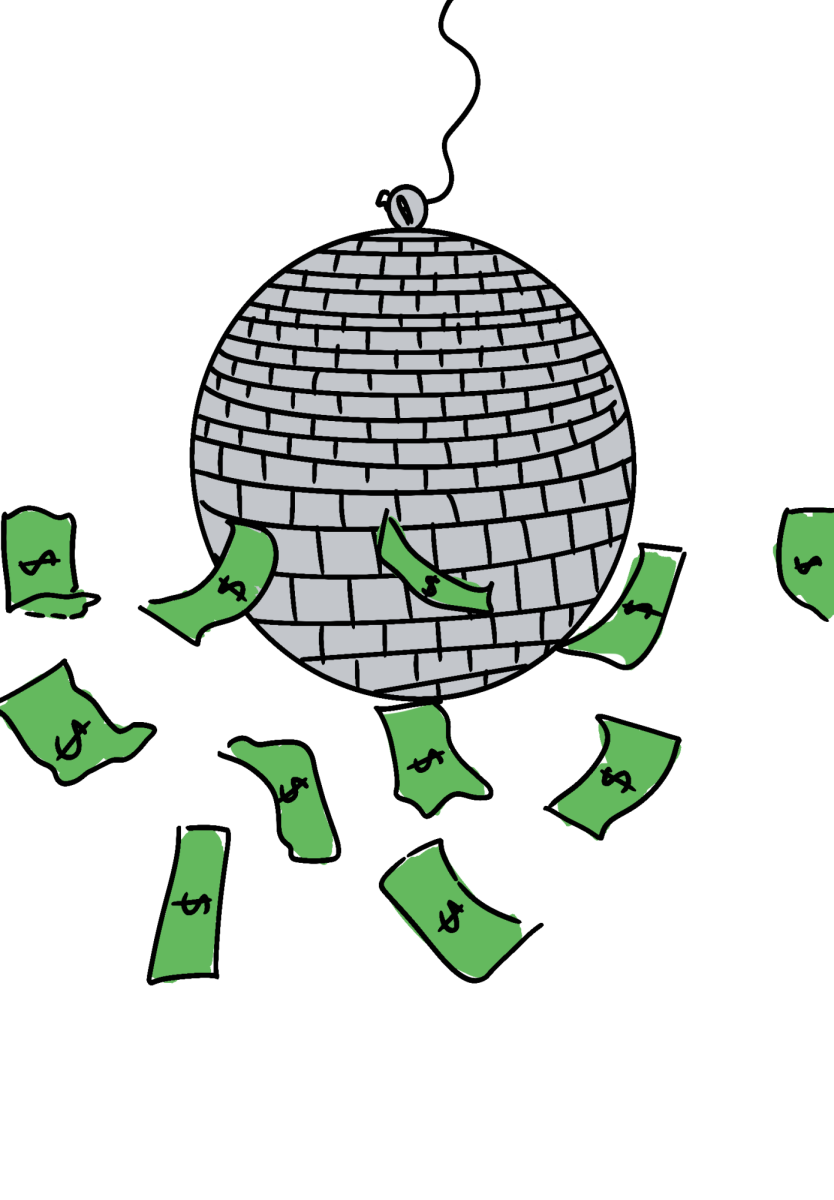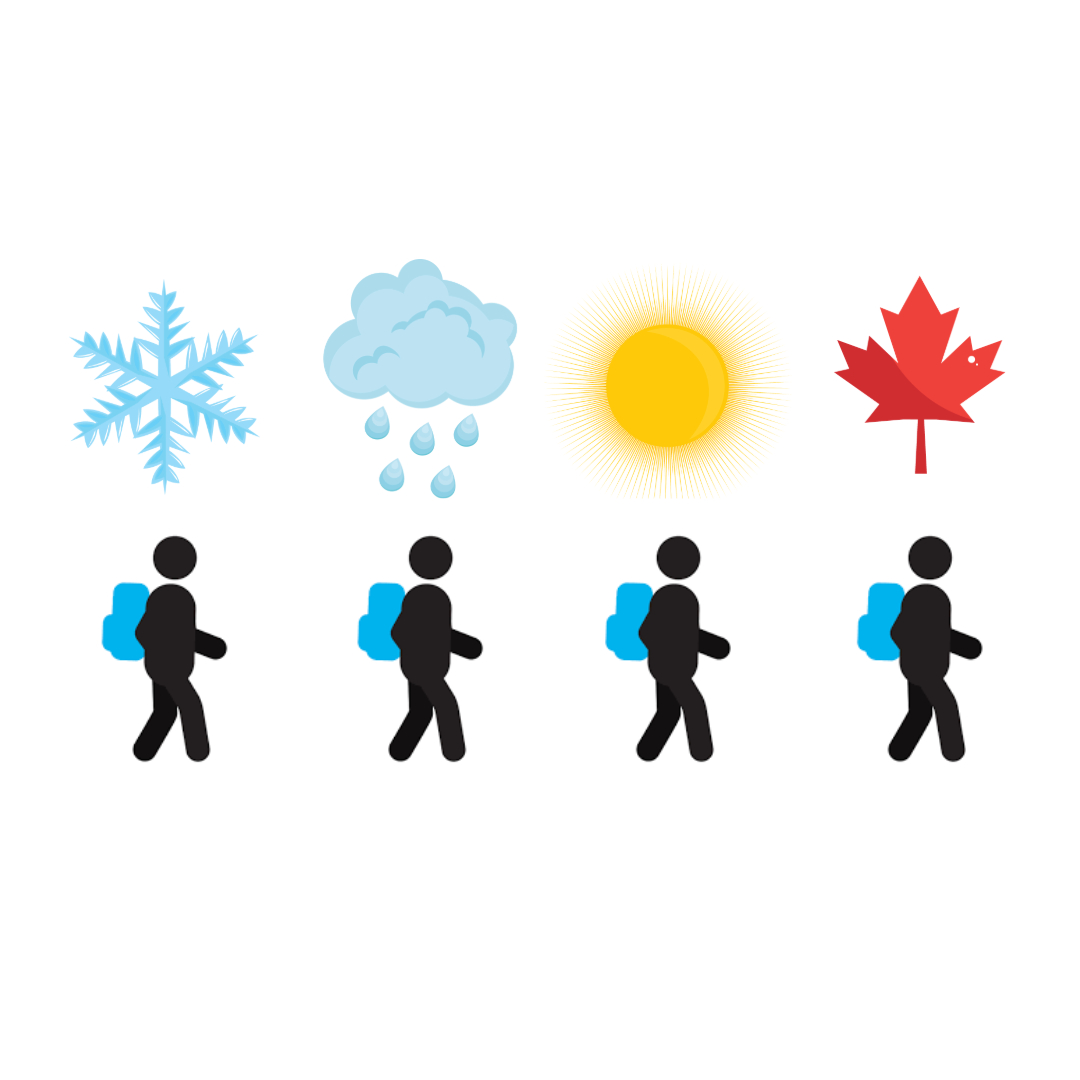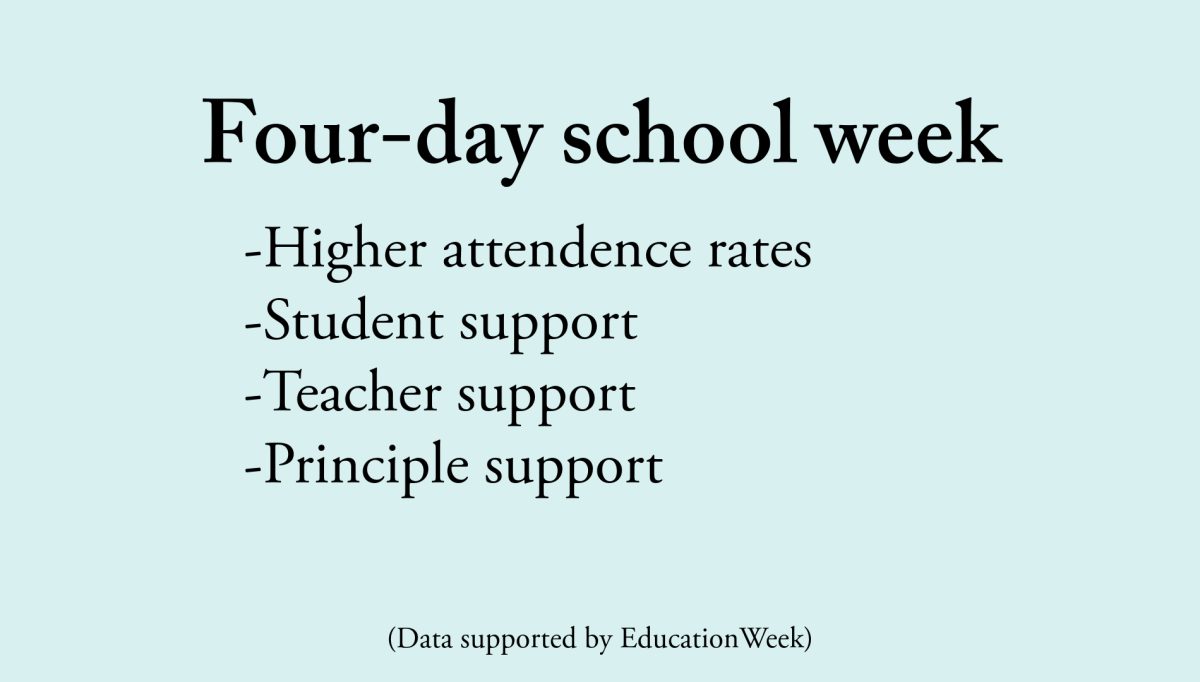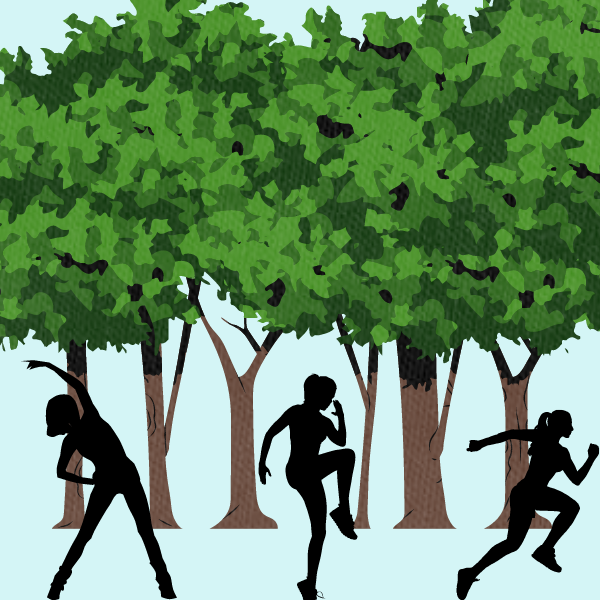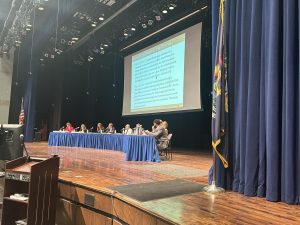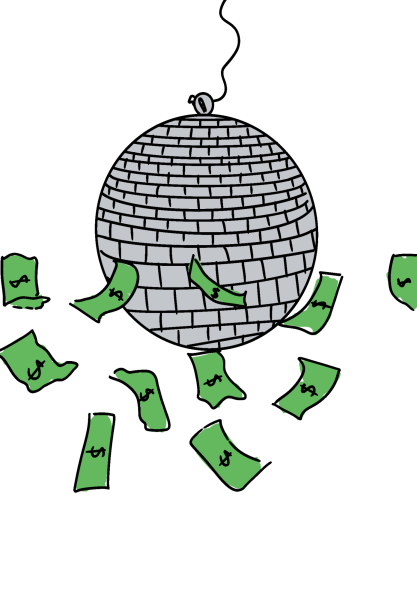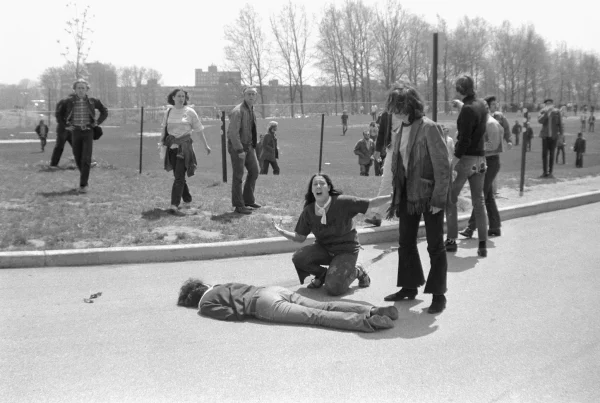Changing seasons can change moods
Seasonal depression sets in for students
October 31, 2022

*The student wished to remain anonymous, so the replacement John Doe was used
Pure Michigan: known for its Great Lakes and beautiful sights… and notoriously dreaded winters. Not only are they bitter cold, but also gray and gloomy, which can lead to many people experiencing an overwhelming lack of motivation, self-induced isolation and a general lack of self-esteem, all symptoms accumulating to seasonal affective disorder, also referred to as seasonal depression.
According to therapist Kaitlin Arnold, seasonal depression has multiple causes. Beyond a lack of Vitamin D, Arnold says that seasonal depression can occur due to a biological predisposition or an overproduction of melatonin due to dark days..
“I definitely see more clients reaching out during the fall and winter months when they’re starting to have some more seasonal depression and lower energy,” Arnold said.
According to Arnold, all of these symptoms could lead to a lack of motivation and a craving to get back in bed, causing those who suffer to feel very insecure.
“People will wanna get really down on themselves, especially in adolescence, because there is this expectation that you’re going to perform the same all year round, but naturally, you don’t have the energy to,” Arnold said.
John Doe* ’23, a student who has suffered from depression for a long time, notes methods they use that help when they are struggling.
“If I’m feeling sad or not in a great place, the number one thing I do is listen to music,” Doe said. “Music just makes me feel energetic again. I would also recommend to try and push yourself to be outside, to be with other people, because being outside will help majorly.”
Arnold also advises clients to fight back against their longing to climb under the covers and hide from the world, because that can lead to intensified feelings of isolation.
“If you’re really low on energy and motivation and you want to go to bed, do the opposite,” Arnold said. “Go down to the living room and read a book, or make plans with a friend, or go for a walk. Just do the opposite of what you want to do, which will naturally elicit energy.”
According to the Cleveland Clinic, separating yourself from the rest of the world and losing interest in what normally brings you joy is a large part of what makes seasonal depression so serious, because it can lead to endless feelings of loneliness and general lack of self-esteem.
“There’s a difference between being an introvert and isolating yourself away from others,” Doe said.
For some, seasonal depression comes in more subtly, and can approach without much knowledge of what’s happening. For Doe, they didn’t realize how bad it was until they started taking exercise more seriously.
“[Seasonal depression] has affected me since middle school, and I didn’t think anything of it, but I didn’t realize it affected me so much until I started working out,” Doe said. “Working out actually really helped with it and it gave me the ability to have more energy and want to actually hang out with others.”
Seasonal depression is something that so many people experience, and there are many routes to take in order to prevent the feelings it causes, and to ward them off if they do happen.
“It’s something a lot of people experience, and it’s nothing that someone is doing wrong and there’s no shame in asking for help or additional resources, it could mean that people are very brave and want to get help.” Arnold said.












